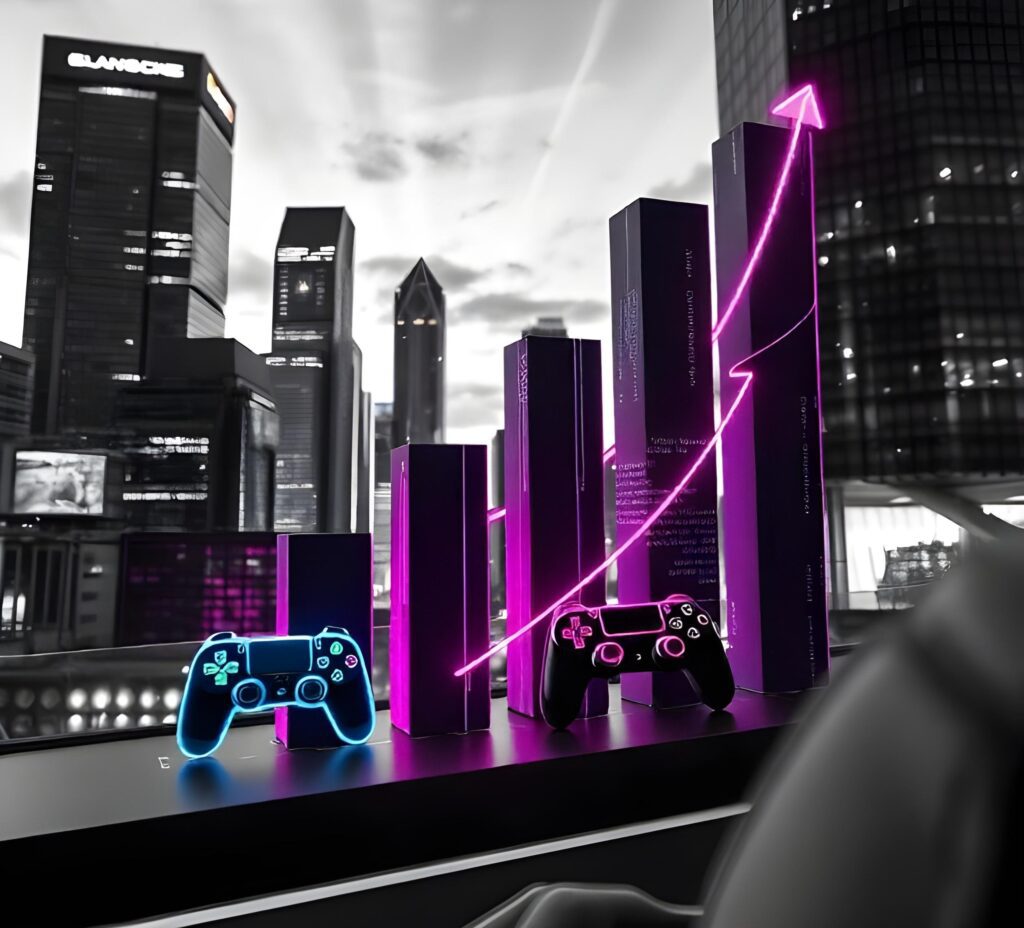Takeaway
Outsourcing 3D art can significantly enhance the visual quality of your game while optimizing production costs and timelines. By leveraging the expertise of specialized artists, game developers can focus on core gameplay mechanics and innovation, ultimately leading to a more polished and engaging player experience.
Introduction to 3D Art Outsourcing
In the competitive landscape of game development, visual fidelity plays a crucial role in attracting and retaining players. As the demand for high-quality graphics continues to rise, many studios are turning to 3D art outsourcing as a strategic solution. This approach not only allows developers to access a global talent pool but also enables them to manage costs effectively while maintaining high standards of quality.
The Benefits of 3D Art Outsourcing
Access to Specialized Talent
One of the primary advantages of outsourcing 3D art is the ability to tap into a diverse range of specialized skills. Many outsourcing studios focus exclusively on 3D modeling, texturing, and animation, allowing them to hone their craft and produce exceptional work. For instance, studios like 3D2D and Art Bully Productions have built reputations for delivering high-quality assets for various game genres, from AAA titles to indie projects.
Cost Efficiency
Outsourcing can lead to significant cost savings. According to a report by Statista (2021), the global video game market is projected to reach $159.3 billion by 2020, with a substantial portion of that revenue allocated to development costs. By outsourcing 3D art, studios can reduce overhead expenses associated with hiring full-time staff, such as salaries, benefits, and workspace. This is particularly beneficial for smaller studios or indie developers who may have limited budgets.

Faster Production Times
Outsourcing can also accelerate production timelines. By distributing tasks among multiple artists or teams, studios can work on various aspects of the game simultaneously. A case study involving Ubisoft revealed that outsourcing allowed them to reduce the development time of their titles by up to 30%. This efficiency enables developers to meet tight deadlines and respond to market demands more effectively.
Challenges of 3D Art Outsourcing
Quality Control
While outsourcing offers numerous benefits, it also presents challenges, particularly in maintaining quality control. Ensuring that outsourced assets meet the studio’s artistic vision and technical requirements can be difficult. To mitigate this risk, studios should establish clear guidelines and maintain open lines of communication with their outsourcing partners. Regular feedback loops and iterative reviews can help ensure that the final product aligns with the studio’s expectations.
Cultural and Communication Barriers
Another challenge is the potential for cultural and communication barriers. Working with teams from different countries can lead to misunderstandings regarding artistic direction or project specifications. To address this, studios should invest in project management tools and establish a common language for communication. Utilizing platforms like Trello or Slack can facilitate collaboration and keep everyone on the same page.

Real-World Examples of Successful 3D Art Outsourcing
Epic Games and Fortnite
Epic Games, the developer behind the wildly popular game Fortnite, has successfully utilized 3D art outsourcing to enhance its visual appeal. By collaborating with various external studios, Epic has been able to introduce a diverse range of character designs, environments, and animations that keep the game fresh and engaging. This strategy has not only improved the game’s aesthetics but has also contributed to its ongoing success in the competitive battle royale genre.
CD Projekt Red and The Witcher Series
CD Projekt Red, known for its critically acclaimed Witcher series, has also embraced 3D art outsourcing. The studio partnered with external artists to create intricate environments and character models that contribute to the immersive world of The Witcher. This collaboration allowed CD Projekt Red to focus on narrative development and gameplay mechanics while ensuring that the visual elements met the high standards expected by players.
Key Points to Consider When Outsourcing 3D Art
Define Your Needs Clearly
Before engaging with an outsourcing partner, it is essential to define your project requirements clearly. This includes specifying the style, quality, and technical specifications of the assets needed. Providing detailed briefs and reference materials can help ensure that the outsourced work aligns with your vision.
Choose the Right Partner
Selecting the right outsourcing partner is crucial for success. Look for studios with a proven track record in your specific genre or style. Reviewing their portfolios and client testimonials can provide valuable insights into their capabilities and reliability.
Establish a Collaborative Workflow
Creating a collaborative workflow is vital for effective communication and project management. Utilize project management tools to track progress, share feedback, and facilitate discussions. Regular check-ins and updates can help keep the project on track and address any issues promptly.
Conclusion
In conclusion, 3D art outsourcing presents a valuable opportunity for game developers to enhance their projects’ visual quality while optimizing costs and production timelines. By leveraging specialized talent and establishing effective communication and collaboration strategies, studios can create stunning visuals that captivate players. As the gaming industry continues to evolve, embracing outsourcing as a strategic approach will be essential for staying competitive and delivering exceptional gaming experiences.

